In the Fifth Form (Year 9) we offer a bespoke in-house course on Religion and Philosophy in which we allow pupils to access anthropology, sociology, moral and political philosophy and Biblical hermeneutics. We seek to enable pupils to scrutinise sources, to ask fundamental questions and to begin acquiring the hallmarks of excellent oracy and written argumentation. Pupils are encouraged to participate vocally in the true spirit of Socratic inquiry, but to be grounded in well-reasoned critical opinion. Along with deconstructing the nature of religious belief, we seek to help pupils to be more charitable, understanding and sensitive of the nature of Theology’s relationship with Philosophy, something that those pupils who progress onto the popular Pearson Edexcel IGCSE in Religious Studies develop in greater depth through the study of topics such as rights, equality, and social justice.
About
Curriculum
Enrichment
Staff
After Westminster
-
About
The Theology and Philosophy Department is a centre of robust exchange of ideas, historic and contemporary, in which pupils are taught to scrutinise ideas, explore systems of thought and ask what it means to believe. We attest to the rigour of strong philosophical training and the ability to think, speak and write with clarity, care and at times creativity. We seek to mine the intellectual foundations of Western philosophical thought and the subsequent Judaeo-Christian culture, but not at the cost of more expansive thought around different cultures, ideas and theories. We are a home to charitable and open learning, and Theology and Philosophy teachers at Westminster seek the wholistic good of the pupils who pass through our classrooms.
-
Curriculum
Lower School
Syllabus & CodeEdexcel IGCSE 4RS1 Religious StudiesUpper School
In the Sixth Form and Remove (Years 12 and 13), we use the OCR Religious Studies A Level to provide a spine for our academic outcomes, but we leave much room for exploring the deeper territories of Theology and Philosophy, which includes core texts like Jean-Paul Sartre’s Existentialism and Humanism, and other additional non-specification material like Virtue Ethics, Free Will and Determinism, and moral psychology. We seek to ensure pupils understand the historic harmony between Theology and Philosophy, and the points at which modernity signifies abrupt ruptures and movement in philosophical thought. Our teaching is discursive, pupil- focused, and the pupils who thrive make utmost use of the classroom as a place to form, refine and shape ideas, ready for excellent critical essay writing. For A Level pupils, the department is a place in which political and legal philosophy, medical ethics, artificial intelligence and genetic technologies can all be explored in a cross-disciplinary way.
Syllabus & CodeOCR A Level H573 Religious StudiesEnrichment
Each year, we aim to host an in-house conference with a combination of pupil and external academic expertise on offer. We have worked with the Anscombe Bioethics Centre in recent years. A Level pupils are frequent attendees and presenters at the Young Philosophers Conference held in association with the Royal Institute of Philosophy. Pupils have also entered the Oxford Uehiro Centre for Practical Ethics’ video competition 2023. Pupils often pursue independent work for awards such as the New College of Humanities Prize.
A number of our pupils become members of the team for the Independent Schools Mock Trial Competition. The department’s close connection to the Horizons Lecture Series at Westminster School, the aspiration for which is to expose our pupils to global best practice with the fullness of interdisciplinarity, drives our relationship with international universities.
Staff
* denotes Head of Department
Mr Alex Bishop (AJSB) — Upper School Expeditions
† denotes Housemaster
Mr Joseph Fenton (JMF) *
Mr Teehan Page (TDP)
Prof. Kevin Walsh (KAPW) — Astronomer-in-Residence
The Revd Dan Warnke (DJW) — Chaplain
Mr Thomas Woodrooffe (TDWW) — Head of Options and Cultural Perspectives
After Westminster
Theology and Philosophy is a relevant course for those pupils considering reading Philosophy (and related courses such as PPE), Social Sciences or Law at university. Equally it complements those following more analytic disciplines and offers space for developing coherence and cogency in argument – future medics, for example, can find room to deal with complex medical ethical questions.
 "Philosophy and Theology at Westminster is a transformative experience. The class atmosphere is dynamic: everyone has an opinion, lets it be known and argues their point intelligently and with respect. The teaching is interactive, incredibly engaging, and delivered at the highest level. It has shaped me to become truly academic in my approach to learning and essay writing."
"Philosophy and Theology at Westminster is a transformative experience. The class atmosphere is dynamic: everyone has an opinion, lets it be known and argues their point intelligently and with respect. The teaching is interactive, incredibly engaging, and delivered at the highest level. It has shaped me to become truly academic in my approach to learning and essay writing."— Amia, Year 13 Pupil
